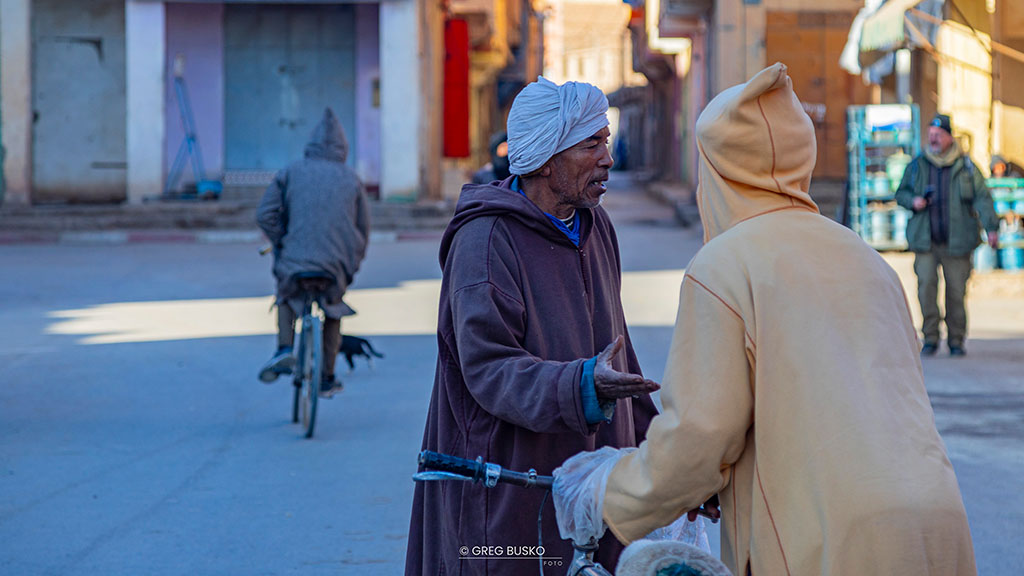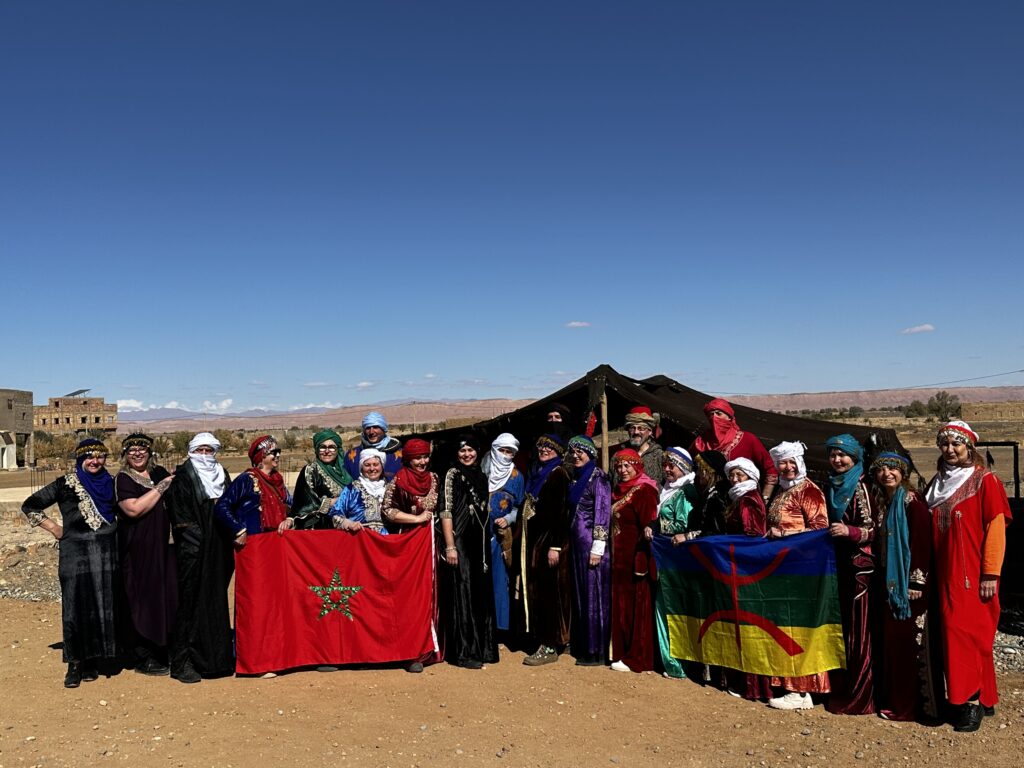What is Morocco known for? Forget size comparisons; Morocco’s heart is bigger than any map can measure. This North African gem, brimming with 34 million friendly faces, boasts a history richer and more layered than a tagine bursting with flavor. From ancient Berber roots to the arrival of Islam and even a brush with French rule, Morocco’s past is a captivating tale of resilience, cultural exchange, and legendary hospitality.
Before the Arabs arrived, the Berbers, shrouded in the mists of time, had their own story. Imagine trading with the Phoenicians, clashing with the Romans, and maybe even sipping tea with the Carthaginians! Though these encounters were fleeting, they hint at Morocco’s long history of embracing different cultures. But it was the Arabs who truly transformed the landscape, leaving an undeniable mark on religion, language, and even the way people greet each other. This influence is still felt today, with most Moroccans identifying as Muslim-Berbers.

Fast forward to the 12th century, when Islam swept across North Africa, pushing some Berbers into the mountains to seek a simpler life closer to the land. Even with their conversion, centuries of ups and downs followed, marked by power struggles and political instability. This vulnerability attracted European powers like Spain and France, who eventually dipped their toes in the sand during the late 19th century. In 1912, a treaty made Morocco a French protectorate, a situation that lasted until the country finally gained its independence in 1956.
What is Morocco known for? The people! As you explore Morocco, you’ll meet Berbers from different groups- the Riffians in the north, the Chleuhs in the Atlas Mountains, and the Soussi in the southwest. They’ll be sharing their vibrant culture alongside Arabs, Jews who’ve called Morocco home since the 15th century, and even expats from around the globe. This remarkable blend of cultures, fostered by centuries of foreign interactions, has instilled in Moroccans a remarkable ability to communicate and welcome visitors with open arms (and maybe even a steaming cup of mint tea!).


